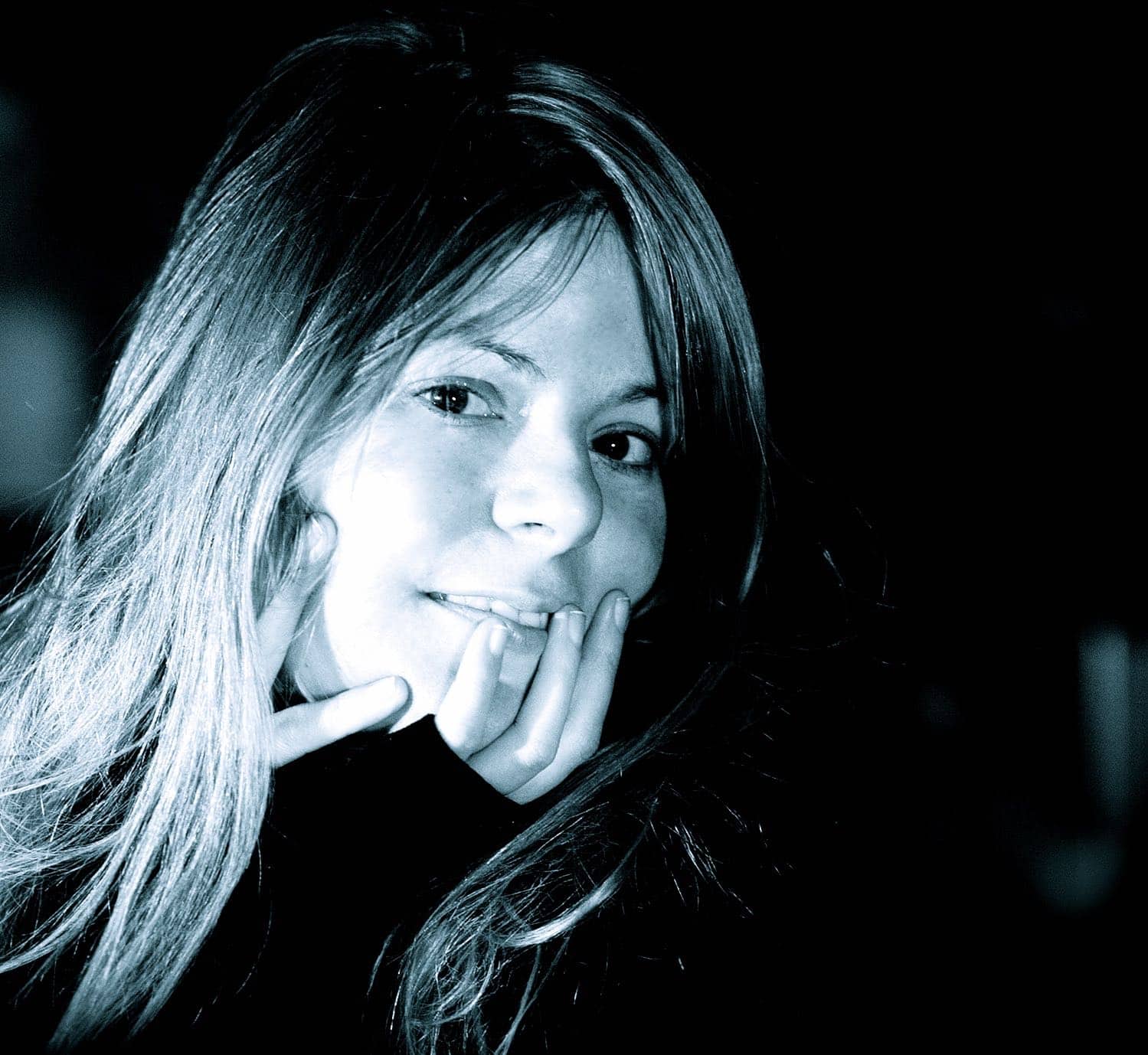
Heavenly Sounds
The unfiltered art form of poetry touches on the divine, whispering: moments of revelation.
Cloud images and shadows mean sun in the other direction.
Heavenly tones, with and without music.
‚Ann-Helena Schlüter has a remarkable style, great talent.’
Sebastian Fitzek, Bestseller Author
You seem like a breeze Full shovel human Fast flowered Where is your country
Ann-Helena Schlüter 2020
‘Her texts reveal a catch game in a deeper meaning, question the objectively postulated commitment of truth which is linguistically tangible: An author we can expect a lot from due to her intelligence, eloquence and competence.’
Dr. Reinhard Kacianka, Alpen-Adria-Universität Klagenfurt zu ihrem 1. Preis Literaturwettbewerb Villach, Österreich
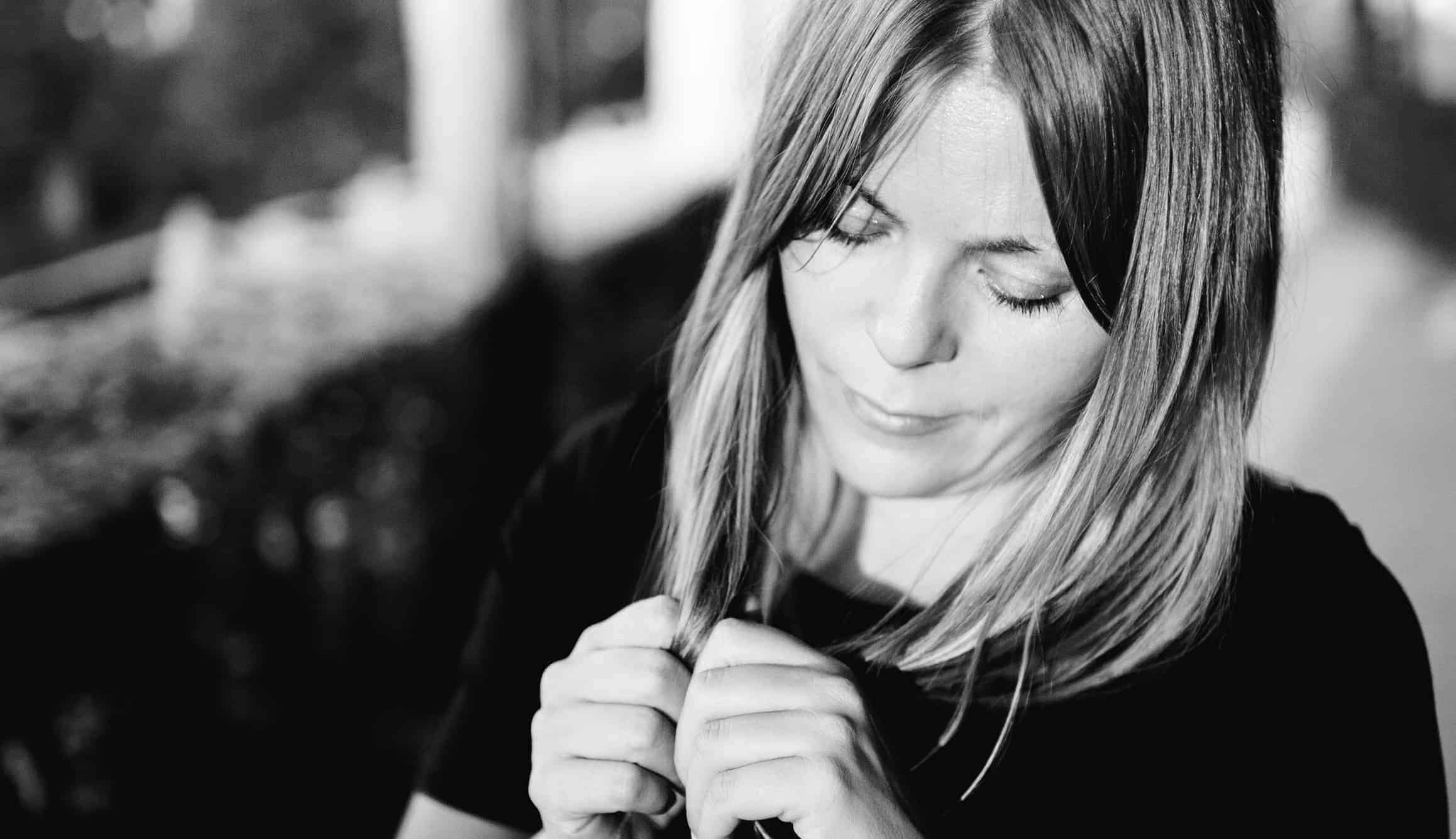
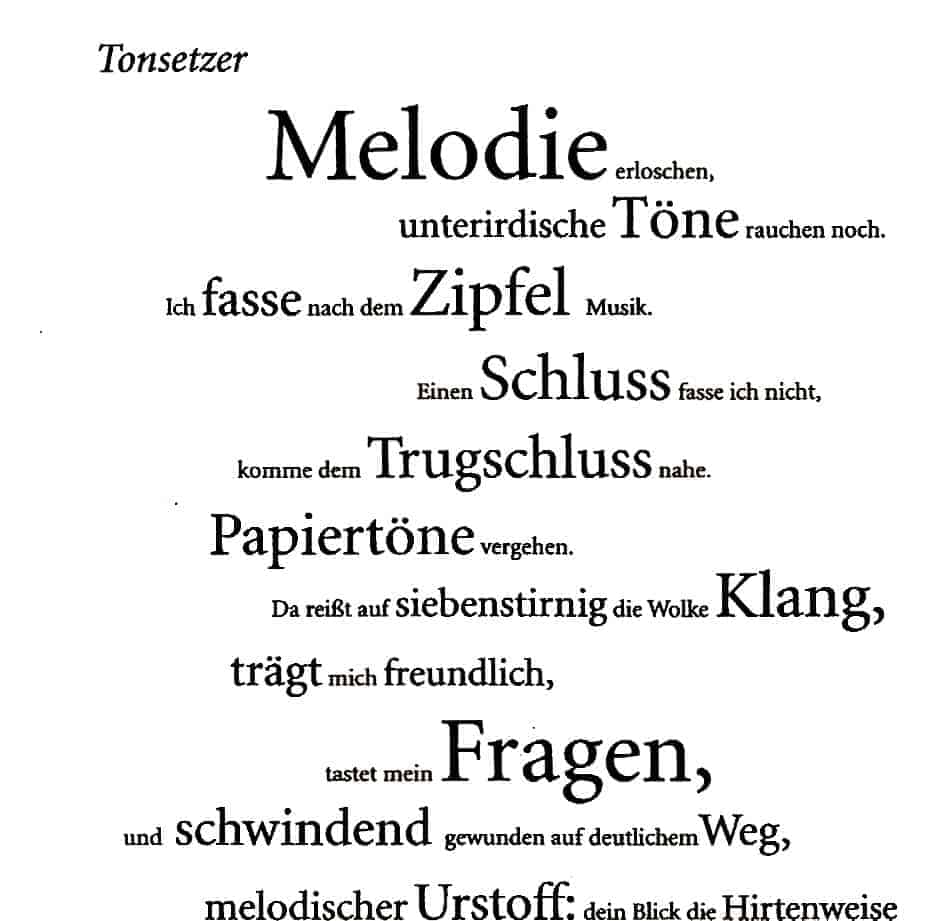
In the early morning: Daily life stands and waits, Is not a usual one Gives beings hope wears a skirt Never flies away
aus: Keine Wolke fällt tiefer als blau (No cloud falls deeper than blue), Glare-Verlag Frankfurt
Sound Traces
Desire for words. Thoughts are art hived off, waiting for the right moment. Words of imagery. Expression of an explosion, freedom, sea of blessings. We are not (alive) because we think, but because we hear. Hearing beauty.
Is there not more to this world than the things we see? All art shows that gifts and talents do not come from us humans. There must be an artist whom we mirror. Freedom of our thoughts, confessions and plans, all this belongs to freedom.
Beauty lives when it is free and unconditional, for beauty is unconditionality. But at first it is powerlessness; it grows, because it has joy deep in its core. Poetry dissolves, but lays itself invisibly and powerfully into the time. Between the lines stands the longing for eternity. The invisible becomes visible. Minor becomes major.
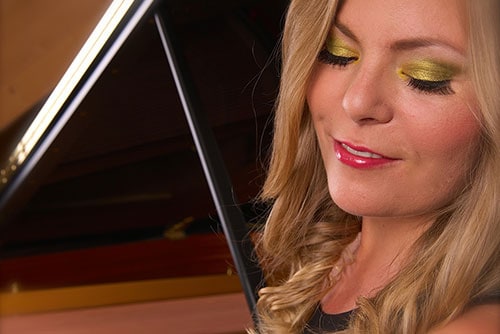
Early morning is a beautiful time for me to be creative. Inspiration, grace, perseverance: in music, I see an equation light up in pulse, tempo, as if I could analyse life and its paradigms in sounds, balance and time and measure them by ear. Poetry unfolds in rhythm, when it can be the heartbeat. And especially in human songs, in literature, it finds fulfilment.
Ann-Helena Schlüter
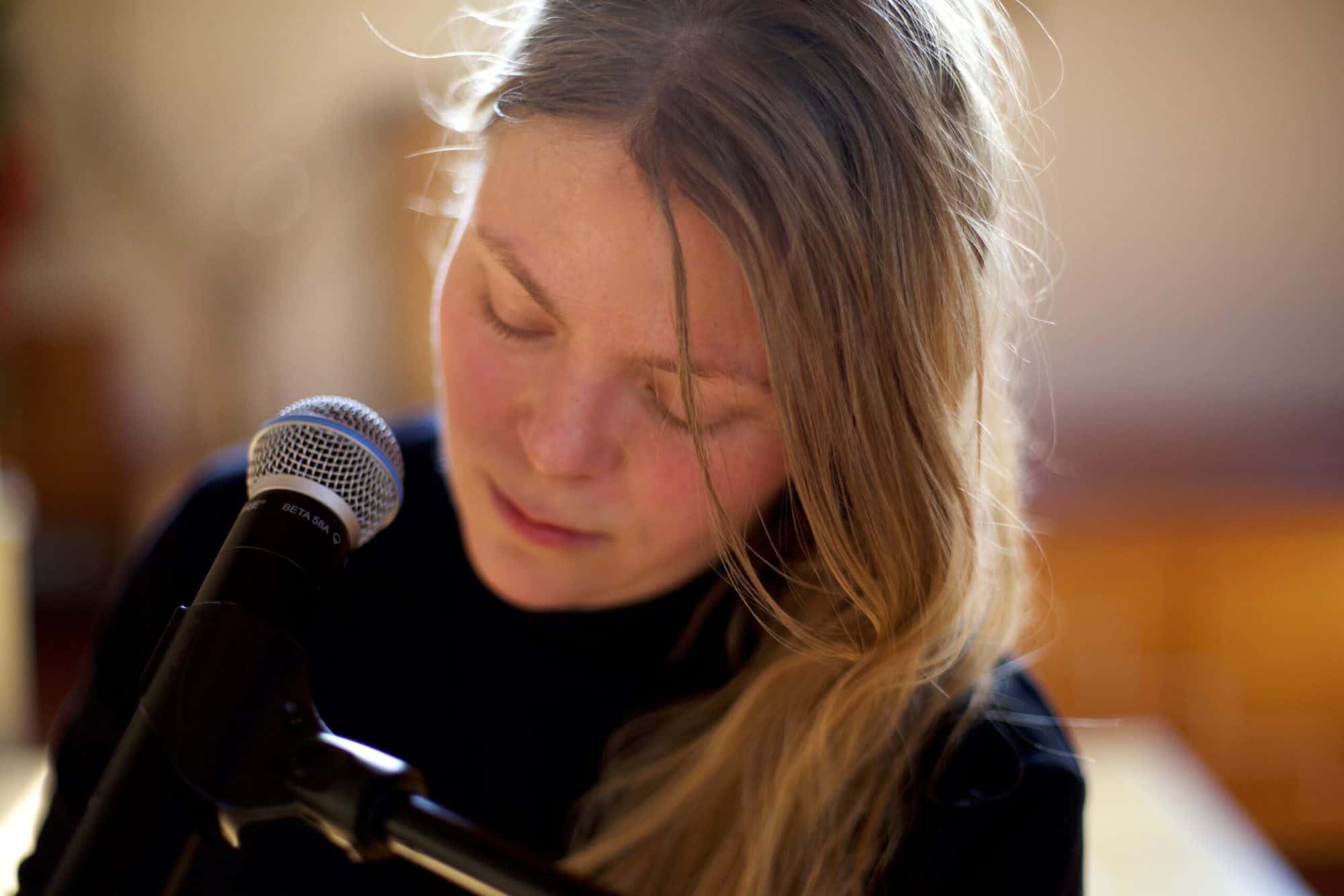
piano meets poetry
Overcome
Light-footed dwarfs tickled the bridge of her nose: sheet music. She smiled with anticipation when she thought of music. She walked forward. It was just a big hall full of people waiting for her, no need to get nervous. She came, she smiled, she bowed, and sat down. Her invisible microphone in front of the piano forced and encouraged her to find her own voice, to search. Her mind became her voice, immersed into her hands and veins; wet hot iron on the keys.
The vibrating waves made her rest. How gentle and calm was the heart of the grand piano! Her creativity, however, made the voice of her soul and thoughts spill over, in fever, so that her altitudes swelled, overflowed; sounds and tones blew over. They went crazy with heat, took off with energy, untamed.
But a notion of rhythm, modest in itself, immediately turned her burning into a carpet, so that her voice changed from a fiery trumpet to a piano. Now she was urged to plunge her head, including her hair, through the keys into the grand piano, as if she were going to bathe in a liquid, inky-black lake of lacquer; her long hair became damp, lacquer-black and stuck to her face; she found the music in the belly of the piano. She dived all the way through there and felt like Jonah in the belly of the fish.
Their sounds, belonging together yet separated by pedal, flowed through their senses, through the vastness of their spaces, through the shadows, paving their way. How pulsating the sounds of the fine hammers on the strings of the piano were; amazingly contradictory and cutting through like little knives: In this lightly clacking sound of the hammers, which she could almost feel like pain, lay symbolically the voice and work of the pianist on the huge lacquer ship: visions. Recital.
The original line of the ostinato bass, exclusively consisting of the melodic notes of the theme, a compendium of symbolic sound pieces, the scaffolding voice of entanglements and counter-voices, the subterranean stocking and branching of the original theme… with tenderness she rounded off the work, created the restoration, which was nevertheless reinterpreted, transformed, no longer the same theme and yet the same, translated.
She interpreted the mysterious relationship between theme and variation, the relationship between herself and the grand piano. The invisible, tender message. She was not music. But she sang through it, and she had lent her voice to it. So she danced her way out of the grand piano’s body again and had her hands tell her stories and feelings to the audience.
The note dwarfs of her senses tickled her enticingly. They were the bell-like, brilliant runs. Her hands almost flew (over the piano keys). The sonatas and fugues swayed her exuberantly and mischievously through the hall, as if she were a child, not an adult, and at the same time a preacher, the word in music. What did she pour out on the people in the hall with trills and thirds? The grand piano rolled away underneath her, its legs began to dance. The black lacquer shone like a mirror. When she stopped singing, the music spoke without her, because the music always knew where it wanted to go.
An ornamented Sarabande of regular construction, a sound piece, a hand piece, nuzzled its way into her hand. A cavern echoed her thoughts. Throbbing ways in her head brought her droning consciousness to a halt, but her fingers whirled on. Sequences that cut the air around her, spinning in circles to dance. The chords seemed to get louder and louder, but actually they didn’t: it was the density of the rapid succession and the notes stacked high like books in a library; those simulated an increase in volume. The meditatively active rhythm pushed them away. Then: a sudden shift of the chord sequence, a shift in the beat. She listened and was speechless. Her rhythm became a heartbeat. She wanted it to flood her whole being.
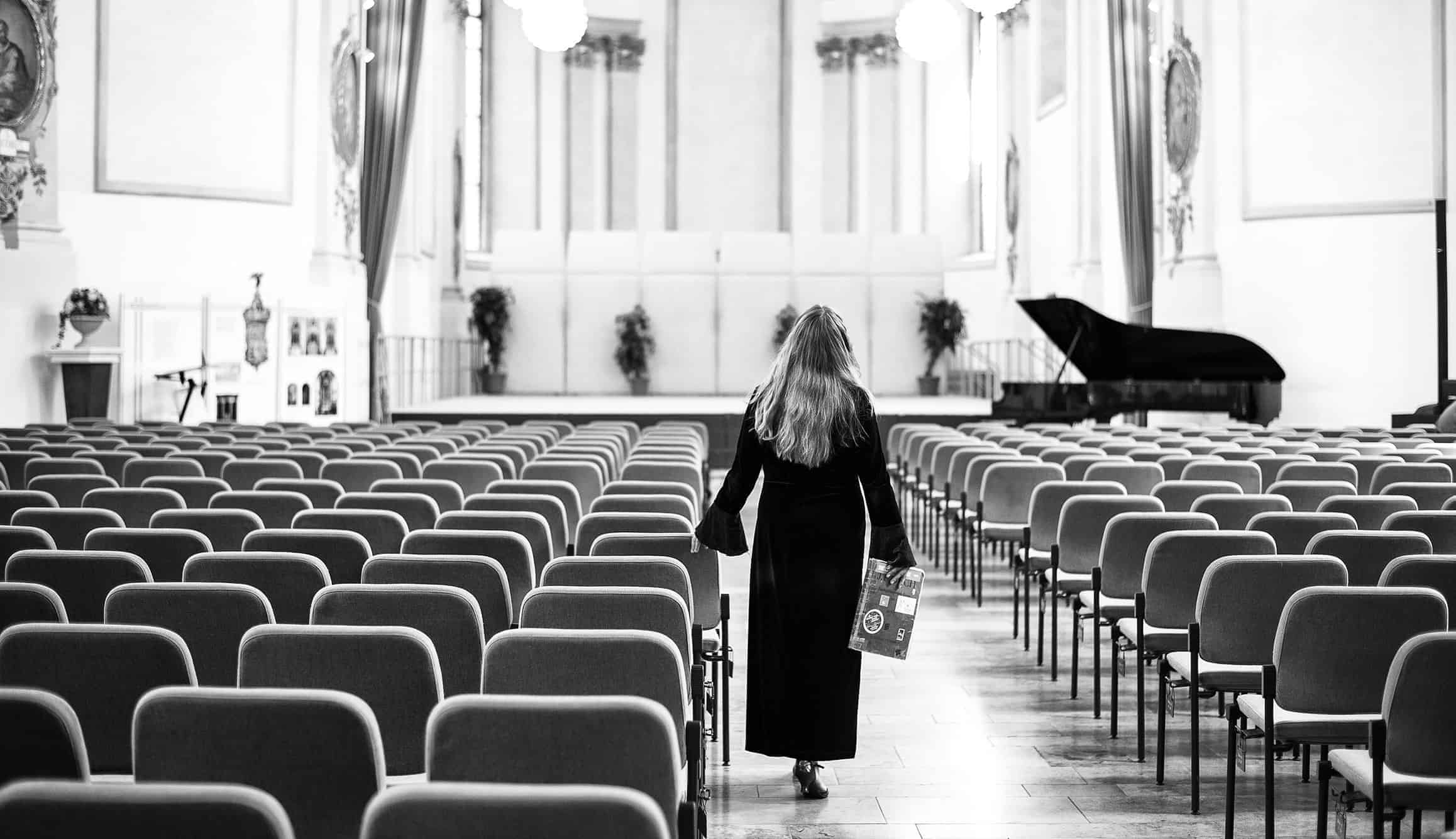
Er folgt mit vielen Tönen, mit Klang mich zu verwöhnen, das singende Klavier, ein Herztraum, Tastentier. Und täglich auch voran treibt mich das Tongespann, ist Freund und Zufluchtsort, hält Ton und Klang und Wort. (aus Flügel auf Reisen, Fontis-Verlag Basel, A. Schlüter)
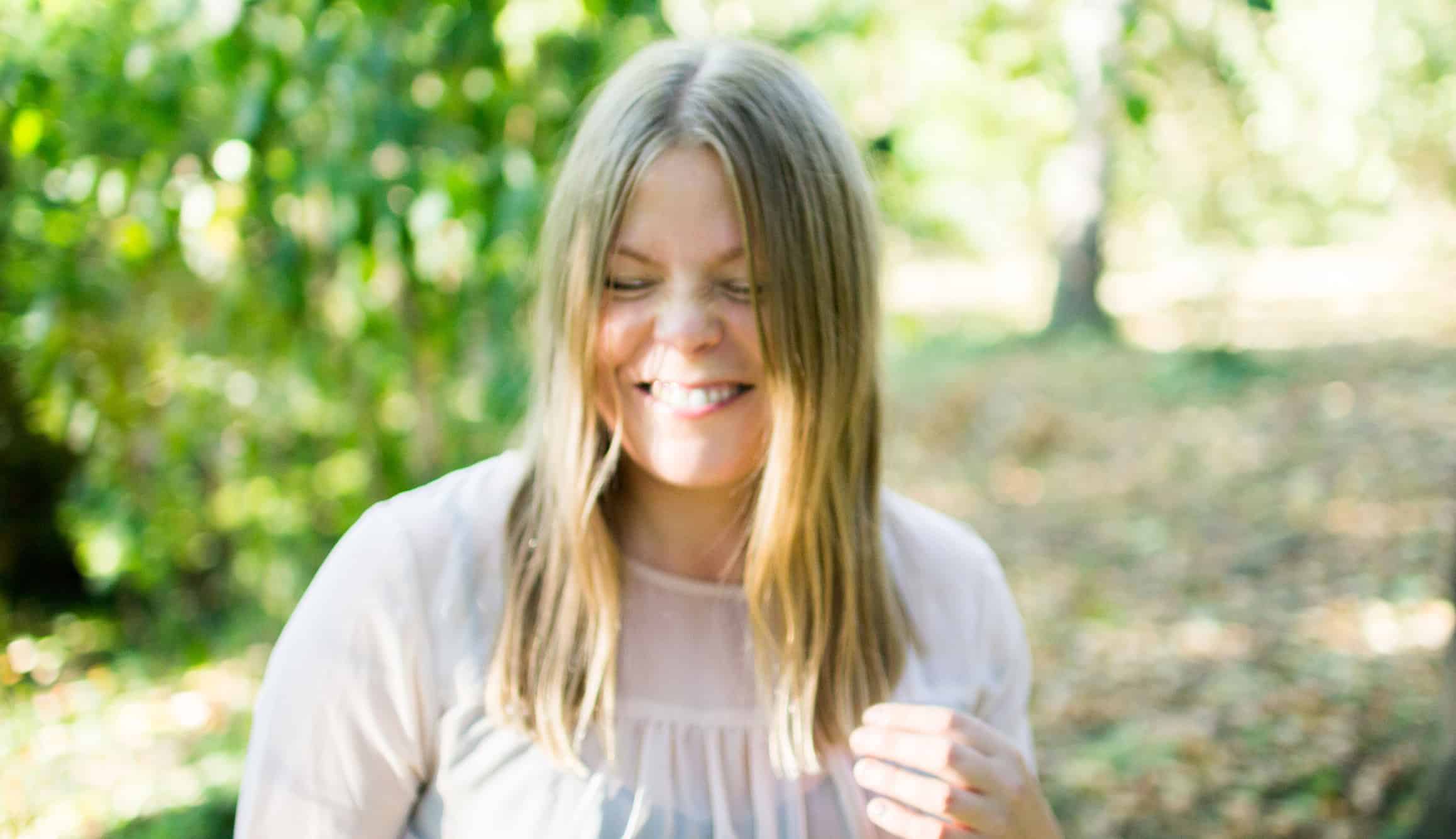
Word.
Auszug Lyrikbände, Romane, Fachbücher:
- Kreativ denken (ISBN 9783957650702)
- Die Prädatorin (ISBN 9783981974515)
- … und trotzdem (ISBN 9783981430462)
- Orchester, Tannhäuser, Mali (ISBN 10 3954884437)
- Bündnis, Tasmanischer Tiger (ISBN 13 9783954884438)
- Gegangen I (ISBN 9783943408-126 oder -256, eB)
- Gegangen II (ISBN 9783861962182)
- Behörde (ISBN: 9783981022292)
- JS Bach Goldberg-Variationen (Buch, Studie)
- Auferstehung am Flügel (CD, Hörbuch Lebensheiterkeit)
- Sein Name (CD, Hörbuch Lebensheiterkeit)
- Vertrauen (ISBN 3873542390)
- Glück (ISBN 3873542390)
- Pianistenhand (ISBN 9783895149955)
- Spätjahr (ISBN 9783895149955)
- Angesichter (ISBN 9783895149955)
- z. B. Kinder (ISBN 3879983240)
- Zeit (ISBN 392870043)
- Stilleklang, Bündnis (ISBN 9783930048601)
- Weilenklang (ISBN 9783930048601)
- Jeden Augenblick, Text & Melodie (cap, CD und Buch)
- Com’Ann (cap, CD, eigene Lieder und Liedtexte)
- Nachtgedanke (cap, CD, ISBN 4045027036317)
- 40 Himmelslieder (cap, Doppel-CD)
- Gott ist gegenwärtig, Singt dem Höchsten (cap, CD, Hörbuch)
- Worte des Meisters (cap, CD, Hörbuch)
- Lyrikbände: Flügelworte, PianoLyrik opus 1, opus 2 und Keine Wolke fällt tiefer als blau, Lyrik opus 3, Glare Frankfurt, Periplaneta Berlin, Literaturverlag Bielefeld
- Romane: Frei wie die Vögel, Kalila, Flügel auf Reisen, Demutsprinzip in Bachs Musik (SCM, Fontis Brunnen Basel, Kopaed München)
